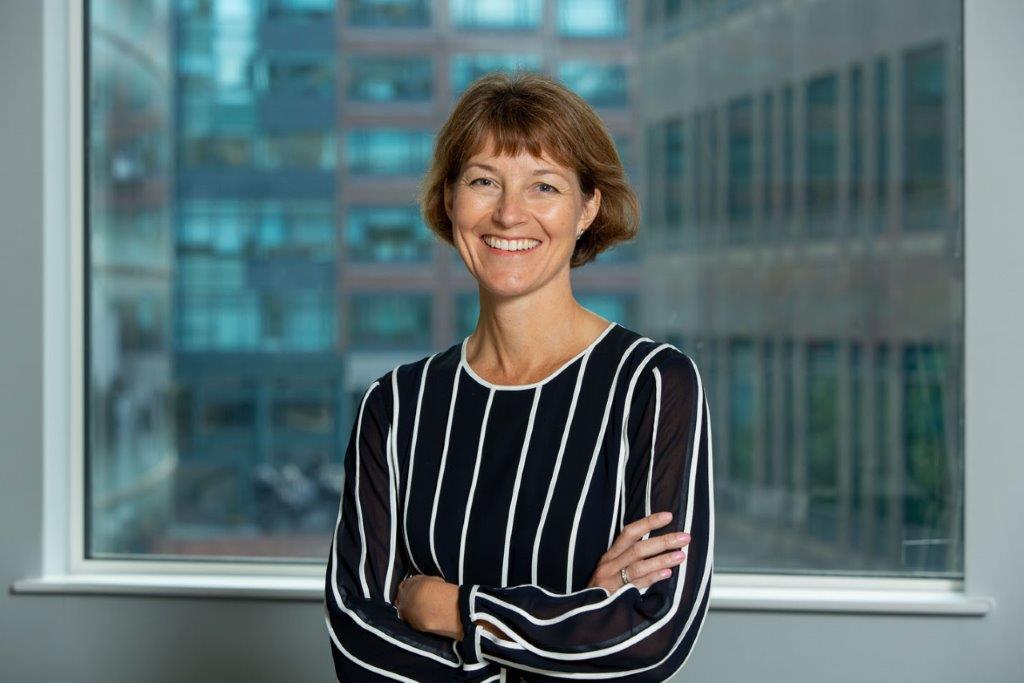Leaders at Law Firms. People Leadership During COVID
Leaders are facing the greatest challenge of their careers. As stated by McKinsey & Co:
“The goal for leaders is to emerge from this not having just “managed” the crisis but being stronger because of it.
For this reason, it’s important…to keep a steady hand on initiatives and programs that can help the business become tech forward.”
In the next edition of our legal sector Futr Spotlight, we caught up with Shelley Holmes, Global HR Director at Watson Farley & Williams, to share her thoughts on the crisis, their response, and the implications for the future.

Please could you give a brief intro to Watson Farley & Williams (“WFW”) and yourself?
“Of course – WFW is a leading international law firm, combining technical excellence with a strong sector focus around real estate, transport, and energy.
“We have a global presence with offices in Thailand, Hong Kong, Singapore, Vietnam, one in the US and the Middle East, then three in Germany, and presence in Italy, Spain, France, and Greece. Our largest office is in London.
“Me personally – I’ve been with WFW for a year, having spent the majority of my career in the legal / professional services sectors, predominantly as HRD though I’ve also worked in the Executive Office of two former CEOs at Herbert Smith Freehills.”
What plan of action did you and the executive team follow when the UK went into lockdown?
“Given the international reach of the firm, we first experienced lockdowns and movements to remote working in January, first in Hong Kong and then Singapore.
“By the time it hit the UK in March, we already had a guidance Hub on the global intranet, a good understanding of how to split teams to ensure health & safety, communications precedents and new working practices, and had been testing remote working IT infrastructure.
“In that sense, we were very lucky – certainly better prepared than my peers at other law firms that I speak with.
“On the day of the sudden shift to remote working itself, I of course had to send out communications and personal messages to some of the team, but this was made much easier given our recent adoption of new-age messaging technology.”
What learnings & takeaways do you have from those trying months earlier this year?
“This applies to most lessons for People leadership – in a word: communication.
“You can never over communicate. Even for things that might seem straightforward. Transparency, as far as possible, around what’s happening with people at the firm, and how we’re supporting staff and their families, is crucial.
“This builds trust in the leadership team.
“Beyond this, seemingly simple things that get done with ease in the office but need a rethink given remote working – such as getting something signed, transaction management and Court hearings etc – actually need a lot of proactive communication.”
How does staff expectation around returning to the office vary across your different regions?
“It’s a bit of a mixed bag. In Asia, we’re probably in our third wave – having been back in and out of the office, and now newly back to working remotely again.
“In Continental Europe, there’s quite a lot of appetite to go back to the office amongst staff; whereas in London occupancy is sub 10%.
“Our overall principle is that returning to the office is on a voluntary basis, unless a task absolutely needs physical presence. In essence, gentle encouragement where it makes sense to return.
“We were already moving towards an agile working approach in one of our German offices, so can continue to utilise the learnings from that pilot to help navigate the world of remote working more effectively.”
Looking to the future, how do you expect the pandemic will change working patterns and people leadership?
“There’s a lot of talk in the London legal press about a number of firms relinquishing their office space, either now or the in the future.
“I believe there’s value in having an office – a place where clients can meet us, a place where teams can work together fluidly where needed.
“That said, the pandemic has really accelerated the legal industry’s adoption of agile and remote working. The previous lack of adoption and presenteeism has been noted as a perennial issue in every engagement survey I’ve ever conducted, notably among parents and especially fathers who didn’t feel able to request flexible working.
“It’s also shown we can hire and onboard new staff remotely, though validating whether that model proves successful will take some time.
“A sustained rethink to Talent Management is the last implication I’ll note – motivating staff and creating a cohesive environment, for example, pose different challenges in a remote world.”
Follow the Spotlight Series of the Futr blog to explore our other conversations with thought leaders in nonprofits, retail, universities, social housing and the public sector. Get in touch with the Futr team to see how we’re helping organisations drive digital transformation through live chat and chatbot automation.
Book a FREE demo today to see our platform in action.

